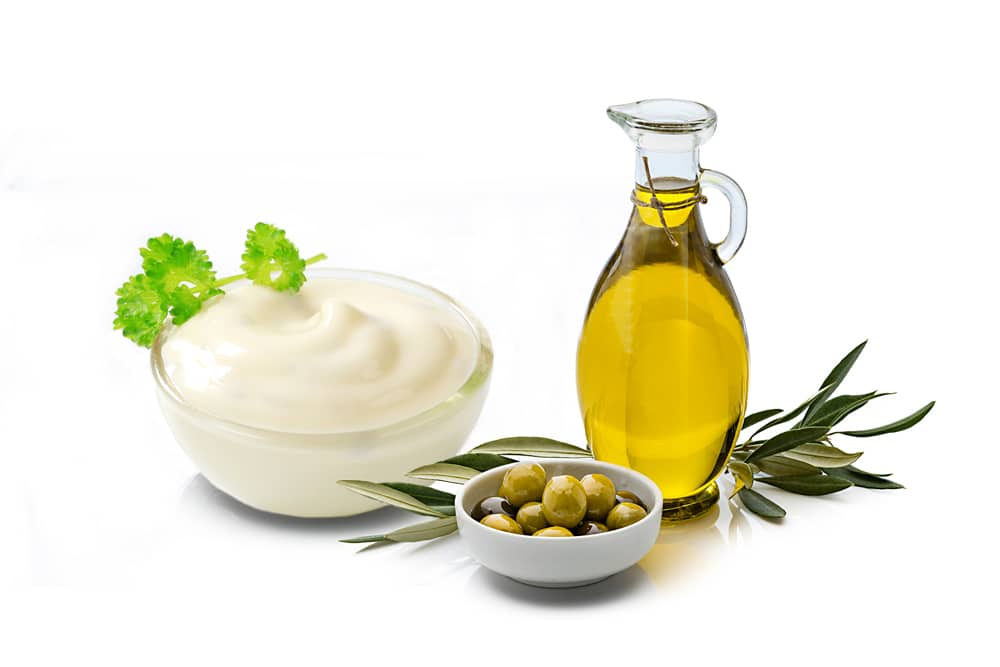
If you experience itching and look at your head, you might see many tiny parasites living in your hair and laying their eggs there. Millions of people are affected by head lice infestations every year. Although commercial products help with this condition, most contain pesticides as active ingredients. Thus, many people—especially parents—tend to use home remedies to treat head lice without harsh chemicals. Home remedies are less expensive, but do any of these home remedies work?
We’ll look at the most common home remedies for head lice and their side effects on you and your child.
Common home remedies for head lice
Home remedies have been used for a very long time. It’s no wonder that parents try home remedies to prevent or get rid of head lice. But are they safe? These are the common home remedies parents use and their effects.
Essential oils
While there are many ways to treat head lice, essential oils are becoming popular for head lice prevention. Essential oils are used for aromatherapy and treat various problems such as headaches and stress.
The most common essential oils used for head lice are tea tree oil, clove oil, and eucalyptus oil.
Usually, essential oils are added to shampoo or conditioner to prevent or treat lice using these products. Some people claim to have had luck using coconut oil and tea tree oil as an overnight treatment for head lice, but this method is unproven. However, are these methods safe?
In most cases, essential oils are very concentrated and, if applied undiluted, can lead to irritation or other side effects. There is a debate as to whether eucalyptus oil is safe to use on small children. For this reason, you should consult a professional before using essential oils on your skin or hair.
Also to note, lice prevention treatments have also been fined by the FTC for making false and misleading claims that essential oils work to repel head lice.
Smothering Agents
Many people use suffocating agents such as petroleum jelly, mayonnaise, and olive oil as home remedies for head lice. These remedies are applied to the hair to try to smother the lice. Yet, according to the Centers for Disease Control and Prevention (CDC), these remedies have no clear scientific evidence that they work.
According to those who believe in this method, the infected person must leave the remedy on overnight, and there is no guarantee that it will kill the lice. The head and scalp must be covered with a plastic bag or shower cap. Otherwise, the substance will not stick to the scalp. Sleeping with plastic on your head overnight is very dangerous and could lead to suffocation if it does not remain in place.
Also, heavy oils such as olive oil or mayonnaise are difficult to rinse out of the hair. They can clog the scalp’s pores, causing sebum buildup and dandruff. The oils can also attract dirt and bacteria, leading to scalp infections if not rinsed out thoroughly.
So, how should you treat head lice?
The most common treatment for head lice is chemical-base over-the-counter (OTC) and prescription medications. These medications come in shampoos, rinses, creams, lotions, oils, and sprays. Unfortunately, most of them contain pesticides.
We all know pesticides are harmful for your body in general. Those treatments typically need to have multiple retreatments before seeing a result. If you don’t reapply the treatment as directed, any surviving lice will quickly spread AGAIN.
For those searching for a safe, effective, and non-toxic way to treat lice and nits on your child’s head, Licefreee products may be your best option. Licefreee has been America’s best-selling non-toxic head lice treatment brand since 1999. We produce high-quality fine-toothed combs, the most effective way to eliminate head lice at all stages of their life cycle. Furthermore, Licefreee has an anti-lice spray designed to kill head lice on furniture and other objects within your home.
Conclusion
You can find plenty of home remedies all over the internet claiming to be a holy grail when it comes to getting rid of head lice. Unfortunately, most of them are untested, potentially harmful, or just plain ineffective. So it would be best if you took extra safety precautions when using these home remedies, as some can cause irritation or scalp infections. As the old saying goes, use at your own risk!
We hope this article can help you better understand how to best treat head lice—and improve the treatment process. Visit Licefreee to know more on how to treat head lice!
